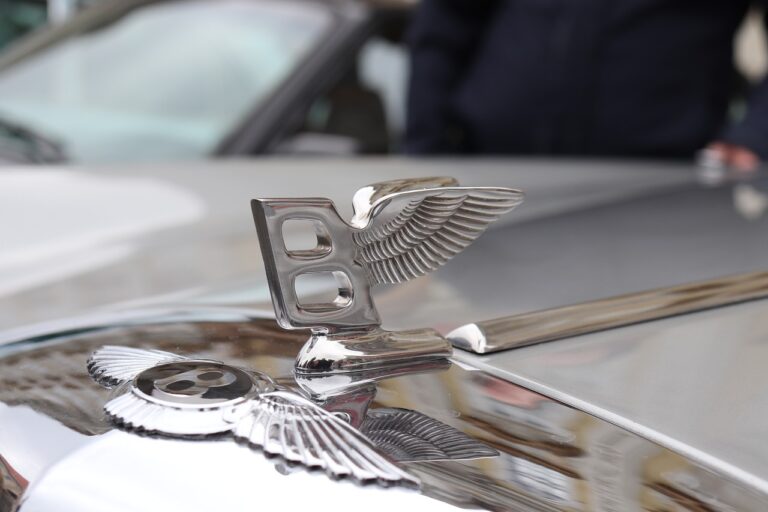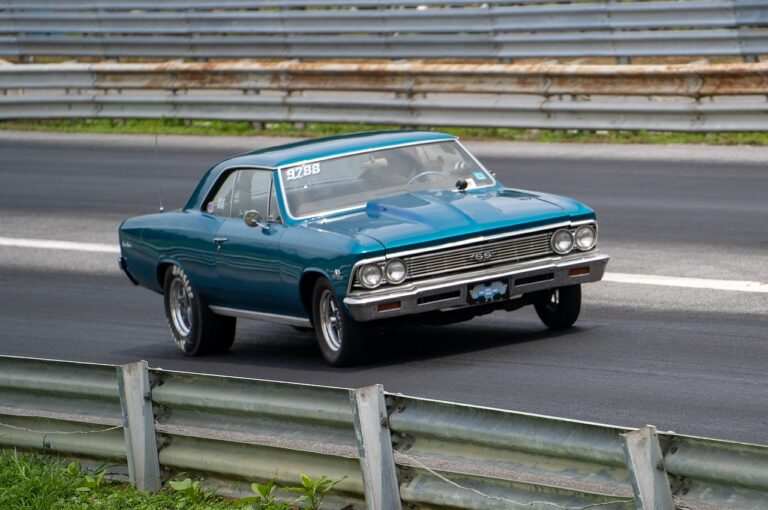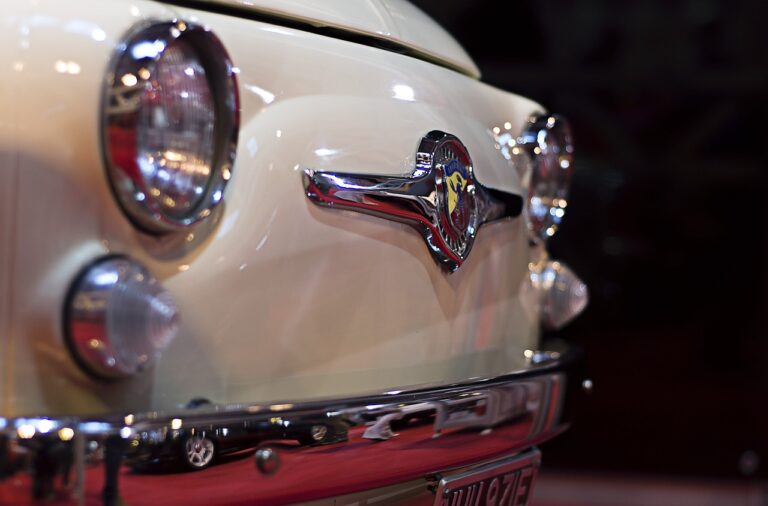Future of Car Retailing
Traditional car dealerships face various challenges in today’s rapidly evolving market. One major obstacle is the pressure to adapt to changing consumer preferences and behaviors. With the rise of digital technology and online resources, customers now have more information and options at their fingertips, making it crucial for dealerships to enhance their customer experience to stay competitive. Additionally, the traditional sales process can be lengthy and cumbersome, leading to potential customer frustration and lost sales opportunities.
Another challenge for traditional car dealerships is the growing trend of online car shopping. Customers increasingly prefer the convenience and transparency offered by online platforms, where they can easily compare prices, features, and reviews without the need to visit multiple physical locations. This shift in consumer behavior has forced dealerships to rethink their business models and invest in digital strategies to attract and retain customers in a highly competitive market. As online car buying platforms continue to gain traction, traditional dealerships must find ways to incorporate these digital advancements into their operations to stay relevant and profitable.
Impact of technology on car retailing
In the fast-evolving landscape of car retailing, technology has emerged as a key driver of change. Advancements in digital tools and strategies have redefined the way consumers interact with car dealerships. From online vehicle customization options to virtual showroom tours, technological innovations have elevated the car buying experience to new heights.
Furthermore, the integration of artificial intelligence and machine learning algorithms has revolutionized how dealerships analyze consumer data and personalize their services. These technologies enable dealers to predict customer preferences more accurately, streamline inventory management, and offer tailored recommendations. As a result, the traditional car retailing model is undergoing a significant transformation, emphasizing the need for dealerships to adapt to the digital age.
Emergence of online car buying platforms
The rise of online car buying platforms has revolutionized the way consumers purchase vehicles. With just a few clicks, buyers can browse through a wide selection of cars, compare prices, and make transactions without ever stepping foot into a traditional dealership. This shift towards digital platforms has not only made the car-buying process more convenient for customers but has also forced traditional dealerships to adapt to this new competitive landscape.
One of the key advantages of online car buying platforms is the transparency they offer to consumers. Buyers can easily access detailed information about the vehicles, including pricing, specifications, and vehicle history reports, which empowers them to make more informed decisions. Furthermore, the ability to read reviews, compare different models, and even schedule test drives online has made the car-buying experience more efficient and customer-friendly.
What are some challenges faced by the traditional car dealership model?
Some challenges include high overhead costs, limited reach to potential customers, and the need for physical showrooms and sales staff.
How has technology impacted car retailing?
Technology has revolutionized car retailing by enabling online research, virtual showrooms, and the ability to complete the entire car buying process online.
What are online car buying platforms?
Online car buying platforms are websites or apps that allow consumers to browse, compare, and purchase cars entirely online, often with delivery options available.
How do online car buying platforms benefit consumers?
Online car buying platforms offer convenience, transparency, and the ability to compare prices and options from multiple dealerships without the need to visit physical locations.
Are traditional car dealerships becoming obsolete due to online car buying platforms?
While online car buying platforms are gaining popularity, traditional car dealerships are adapting by incorporating online services and offering a blend of physical and digital experiences for consumers.







